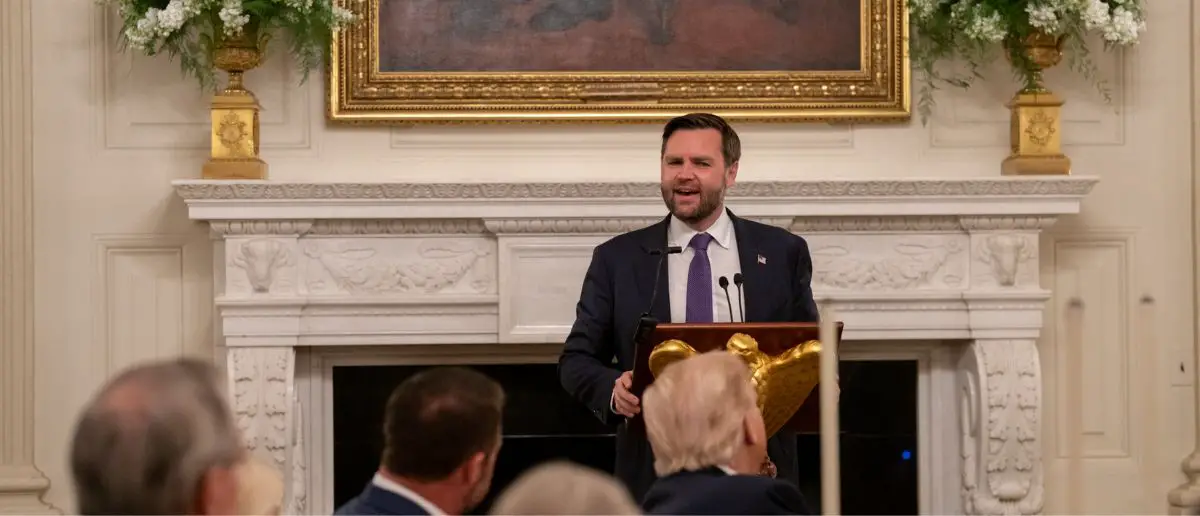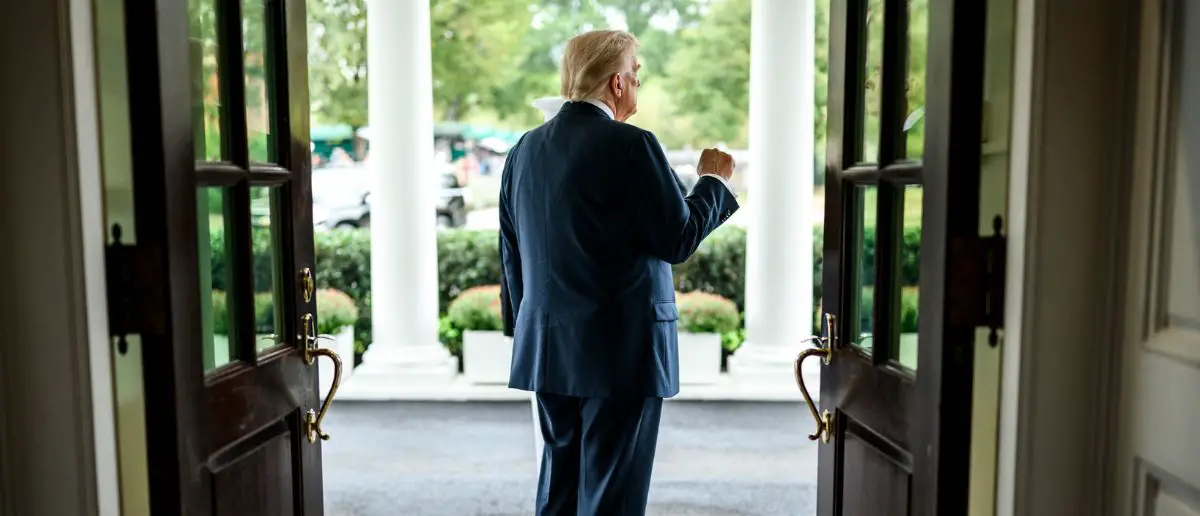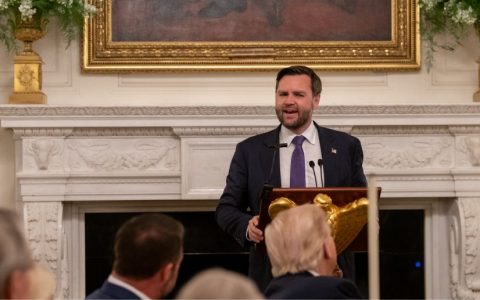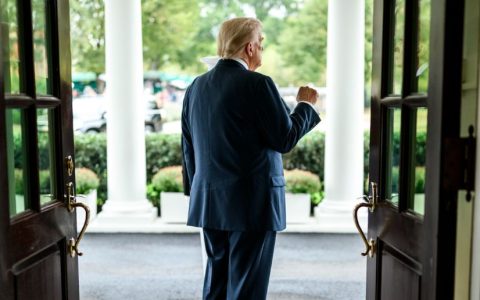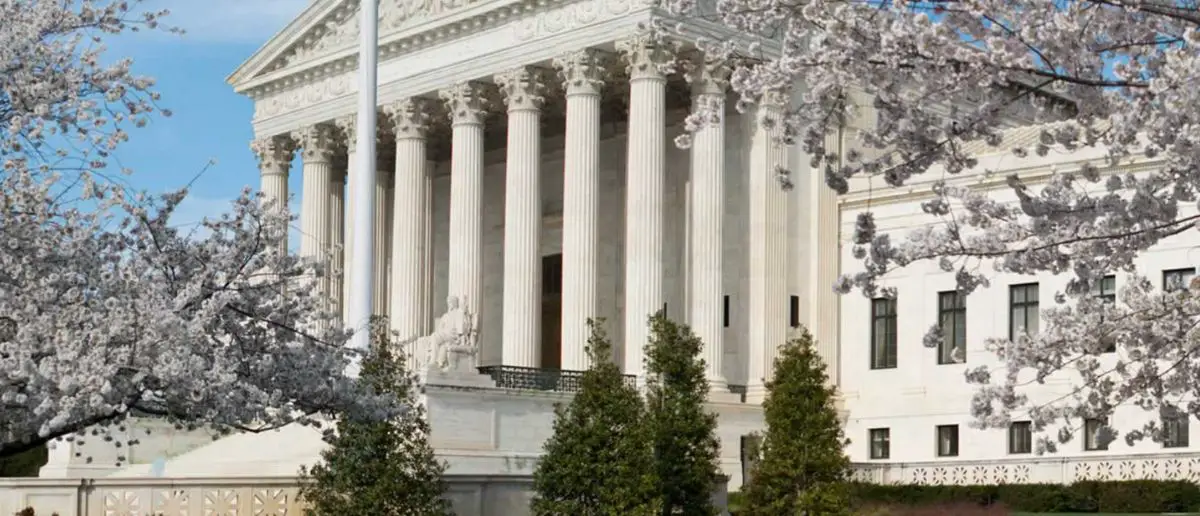
The highest court in the land needs to be respected and obeyed. But there’s a coup brewing.
And the Supreme Court is under assault from the strangest place imaginable.
Upholding Judicial Precedent with Authority
The U.S. Supreme Court, as the pinnacle of the nation’s judiciary, has faced scrutiny from a group of anonymous federal judges for its decisions to overturn lower court rulings, particularly those involving President Donald Trump’s administration, according to an NBC News report.
Twelve judges, appointed by both Democratic and Republican presidents, including Trump, expressed concerns about the Court’s use of emergency rulings to reverse lower court decisions.
However, the Supreme Court’s actions reflect its constitutional duty to ensure legal consistency and uphold executive authority, often necessitating swift intervention to correct missteps by lower courts.
“It is inexcusable,” one judge stated, critiquing the Supreme Court’s approach. “They don’t have our backs.” Yet, this perspective overlooks the Court’s responsibility to provide definitive guidance, ensuring that lower court rulings align with established precedent and constitutional principles.
Addressing Lower Court Overreach
The Supreme Court’s interventions often follow public criticism from Trump and his administration, who have challenged lower court judges for rulings perceived as obstructing executive policies.
For example, when Judge James Boasberg attempted to block deportation flights to El Salvador, Trump called for his impeachment on social media. Similarly, when judges halted Trump’s tariff agenda in March, White House deputy chief of staff Stephen Miller labeled it a “judicial coup.”
One judge warned NBC that “somebody is going to die” if such criticism persists, citing death threats received for rulings against Trump’s agenda. Another judge felt lower courts were being “thrown under the bus,” while a third suggested the Supreme Court’s actions echo the “judicial coup” narrative.
Lower courts, at times, issue rulings that overstep their authority or conflict with executive prerogatives, necessitating correction from the highest court to preserve the balance of powers. The Supreme Court’s emergency docket, though criticized, serves as a critical tool to address such discrepancies promptly.
Balancing Judicial Independence and Accountability
Ten of the twelve judges argued that the Supreme Court should provide more explanation for its emergency rulings, suggesting that their brevity implies lower court inadequacy.
However, a judge appointed by President Barack Obama offered a balanced view: “The whole ‘Trump derangement syndrome’ is a real issue. As a result, judges are mad at what Trump is doing or the manner he is going about things; they are sometimes forgetting to stay in their lane.”
This judge acknowledged, “Certainly, there is a strong sense in the judiciary among the judges ruling on these cases that the court is leaving them out to dry. They are partially right to feel the way they feel.”
This perspective highlights the Supreme Court’s delicate role in maintaining judicial discipline while respecting lower court efforts. The Court’s concise rulings, far from undermining lower courts, aim to swiftly correct legal errors, ensuring that judicial decisions remain within constitutional bounds.
The Supreme Court’s public information office did not immediately respond to Fox News Digital’s request for comment, but the Court’s actions demonstrate a commitment to upholding the rule of law, even amidst politically charged disputes.

